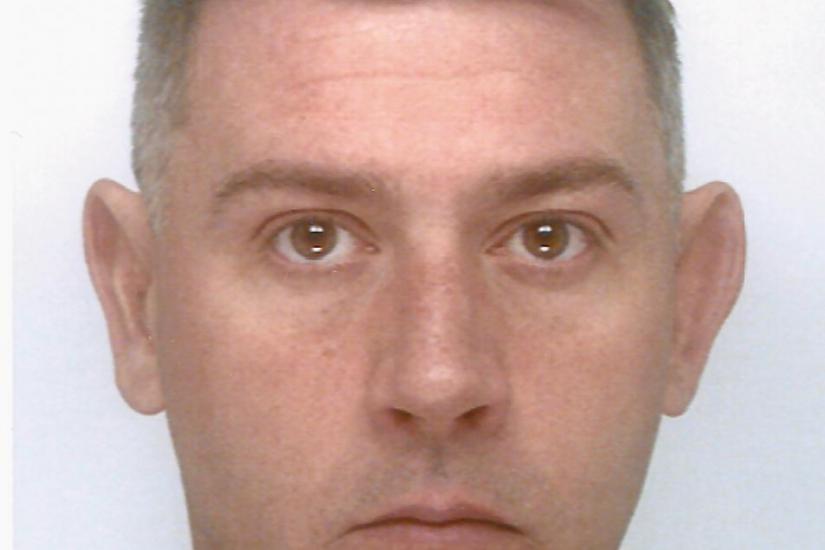
ABSTRACT | In 1986, Doug McAdam suggested that social movement scholars consider that the recruitment of activists to social movements likely takes on new dimensions when the movement activities entail high risk, paving the way for a productive body of high-risk activism scholarship. In this thesis, I continue this inquiry more generally by considering a diverse array of recruiting organizations - not only social movements - that seek to find and recruit actors to engage in high-risk activities. I further expand inquiry of high-risk recruitment by reconceptualizing risk as both the elements of anticipated dangers as well as the uncertainty of the endeavor. Is the risk-taking calculus different when risk is marked by uncertainty?
First, I hypothesize that the high-risk calculus implicates a return to strong ties and salience as central to our understanding of recruitment, and leaves weak-tie explanations wanting. Further, risk sharing implicates coordinated action and group recruitment - turning our focus to the mesoscopic level of analysis and placing importance on preexisting strong ties to facilitate group solidarity in the face of risk.
Second, I hypothesize that when the recruiting organization is emergent and uncertainty is high, not only is recruitment marked by clusters of actors and solidarity, but also path dependency. The diversity needed by the recruiting organization to carry out its work is in constant tension with the homophily of recruited clusters and tendencies toward group think. In turn, diversity of early-joiners is critical to development along a path that is generative and not marked by pathologies.
BIO | Cory studies recruitment dynamics using network methods. He is specifically interested in the dynamics that shape the decision to engage in high-risk activities. Cory has made Central Europe his home for the past 6 years. For most of 2014, he was reassigned to lead big data initiatives out of his company’s headquarters in Bangkok, Thailand. During the 9 months, he studied Thai and gained a deeper understanding of the volatile Thai political climate that has spawned 21 military coups over the past century, experiencing the most recent coup first hand. In 2015 he earned a certificate in Energy Politics of Eurasia at the European University at Saint Petersburg in the Russian Federation.